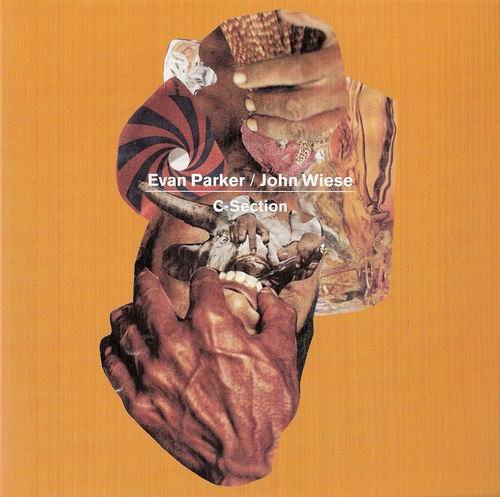Artist:
Colin Stetson
Title:
New History Warfare Volume 1-3
Year Of Release:
2007-2013
Label:
Aagoo Records / Constellation
Genre:
Jazz, Avant-Garde Jazz, Modern Creative
Quality:
CBR 320 kbps / FLAC (tracks+cue, log)
Total Time: 2:25:02
Total Size: 332 mb / 752 mb
WebSite:
Album Preview
:: TRACKLIST ::New History Warfare Volume 11. And It Fought To Escape (08:19)
2. Stand, Walk (01:29)
3. Groundsmell (01:38)
4. Time Is Advancing With Fitful Irregularity (07:06)
5. Drown The Rats And Giants (01:13)
6. As A Bird Or Branch (04:13)
7. OHP (00:37)
8. Quincy Had A Glandular Problem (01:37)
9. Nobu Take (04:52)
10. Tiger Tiger Crane (03:13)
11. Letter To HST (03:15)
12. Our Heartbreak Perfect (11:02)
This needs to be said up front: Colin Stetson is an absolute master of the saxophone. He has formidable breath control and circular breathing technique, a great sense of dynamics, and extremely impressive control over multiphonics and timbral changes: he can basically do anything that can be done with a saxophone (and maybe some things that can't). Although there is just a touch of studio treatment on a couple tracks and sampled, spoken intros to a couple more, New History Warfare, Vol. 1 is essentially an album of solo saxophone performances with no overdubbing. But this is no platform for free blowing and empty showboating; these pieces are clearly through-composed. Whether the track is one minute long or eight, there is an easily discernible structure, clear logic, and a strong sense of forward momentum to each of these tunes. Stetson's ability to build separate musical lines on top of each other is nothing short of astonishing. It's something like Rahsaan Roland Kirk playing two different melodies against a drone, except Kirk did it on three horns and Stetson is doing it on one.
"And It Fought to Escape" is a perfect encapsulation of Stetson's style. It begins almost imperceptibly as a percussive pulse is established with the saxophone keys playing against a breathy background. He then adds bits of melody on top until he is having a conversation between different registers of the saxophone while somehow maintaining the pulse. The breath control and dynamics are amazing, as are the sounds he makes with his saxophone. Switching gears, "Groundswell" almost sounds like a flute/bass duet at times. On "Nobu Take," Stetson's clarinet sounds more like a keyboard, simultaneously evoking Eastern European folk music and electronica, while "Tiger Tiger Crane" begins with what sounds like beatboxing through the sax. But Stetson's musicality far outweighs any notion of gimmicks. The pieces are deeply focused and never overstay their welcome. Not only that, but the strong structures and internal logic of the pieces make them far more listenable than many so-called avant-garde recordings.
New History Warfare, Vol. 1 is a truly impressive, fully formed, and highly individual musical statement. It's amazing from a purely technical standpoint, but Stetson's compositions and ability to tell a musical story are what make this a great album. You haven't heard saxophone music quite like this. No one else could have written this music because no one plays quite like Colin Stetson. Truly impressive. Evan Parker fans, take note: this guy is someone to watch.
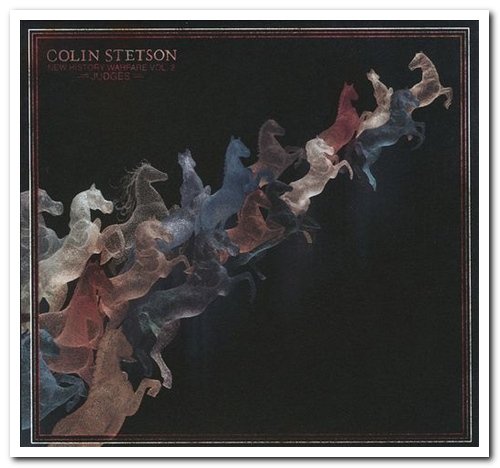
01. Awake on Foreign Shores (01:30)
02. Judges (05:13)
03. The Stars in His Head (Dark Lights remix) (05:30)
04. All the Days I've Missed You (ILAIJ I) (01:15)
05. From No Part of Me Could I Summon a Voice (02:15)
06. A Dream of Water (03:35)
07. Home (03:12)
08. Lord I Just Can't Keep From Crying Sometimes (04:49)
09. Clothed in the Skin of the Dead (03:40)
10. All the Colors Bleached to White (ILAIJ II) (00:36)
11. Red Horse (Judges II) (02:57)
12. The Righteous Wrath of an Honorable Man (02:27)
13. Fear of the Unknown and the Blazing Sun (02:42)
14. In Love and in Justice (04:53)
Colin Stetson's 2008 album New History Warfare, Vol. 1 showcased the saxophonist/multi-reedist's phenomenal multiphonic improvisation style and circular breathing technique. Released in 2011, New History Warfare, Vol. 2: Judges features a similar exploratory solo saxophone approach that is nothing short of mind-blowing. Stetson uses the circular breathing style, recorded in single takes and occasionally with overdubs, to create atmospheric and hypnotic loops that sound like layered analog keyboards more than saxophones. In that sense, the tracks here often bring to mind something along the lines of Jean Michel Jarre crossed with Roscoe Mitchell. These tracks allow Stetson to skronk and pulse, wheeze and then soar with white jet-engine noise that is never purposeless and always controlled. Also featured here are a few spoken word sections with avant-garde icon Laurie Anderson -- including the poetic "A Dream of Water" -- that lend a cinematic quality to the proceedings. Elsewhere, vocalist Shara Worden delivers a haunting lead on the spiritual "Lord I Just Can't Keep from Crying Sometimes." Primarily, however, it is Stetson's transcendent and muscular ability to layer sound, breath, and rhythm in a meditative compositional style that sticks with you long after Judges is over.
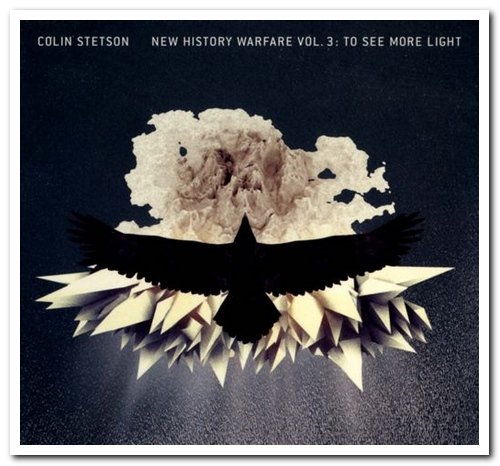
01. And in Truth (01:33)
02. Hunted (05:51)
03. High Above a Gray Green Sea (04:25)
04. In Mirrors (01:25)
05. Brute (02:55)
06. Among the Sef (Righteous II) (04:35)
07. Who the Waves Are Roaring For (Hunted II) (04:07)
08. To See More Light (15:07)
09. What Are They Doing in Heaven Today? (03:36)
10. This Bed of Shattered Bone (02:08)
11. Part of Me Apart From You (05:51)
Improviser and composer Colin Stetson's solo work is characterized by dense sheets of saxophone/woodwinds that present a similar approach as loop-based music while being recorded in single live takes with no overdubs. This unique and challenging discipline calls on elements of jazz, modern composition, and even aspects of repetition and textural drone found in certain branches of electronic music and noise. With New History Warfare, Vol. 3, Stetson explores scorched landscapes and heavenly scenes alike with his stylized playing. He spent time collaborating with Bon Iver, and singer Justin Vernon returns the favor and contributes his signature falsetto vocals to four songs here -- these vocals are the only overdubs on the album, though detailed production by Ben Frost would lead listeners to believe otherwise.
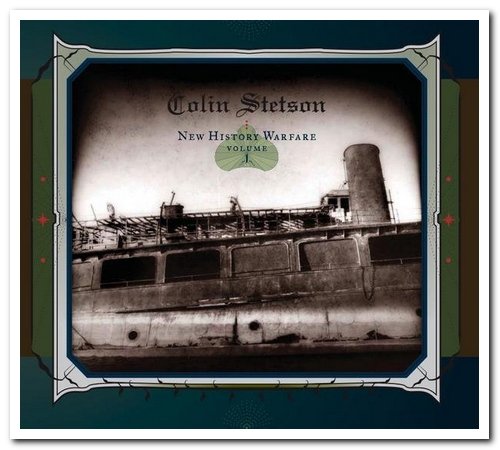


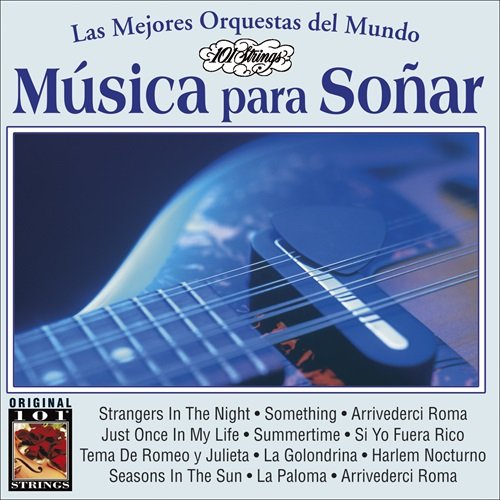
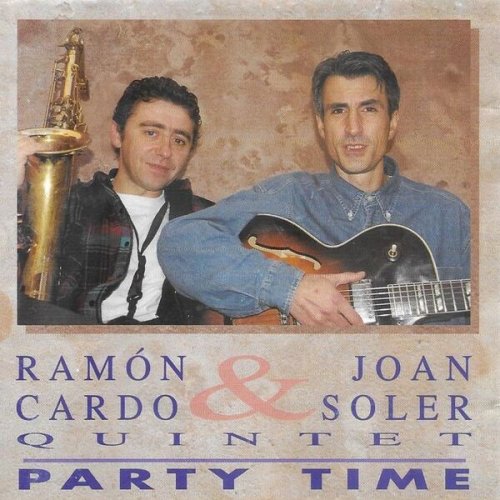
![Noga - Heroes in The Seaweed (2025) [Hi-Res] Noga - Heroes in The Seaweed (2025) [Hi-Res]](https://www.dibpic.com/uploads/posts/2026-02/1771663366_nhs500.jpg)
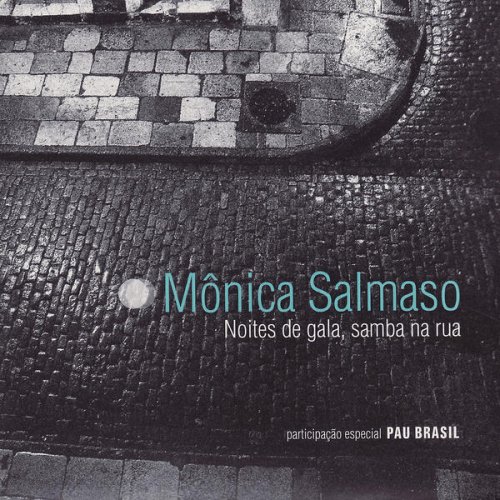
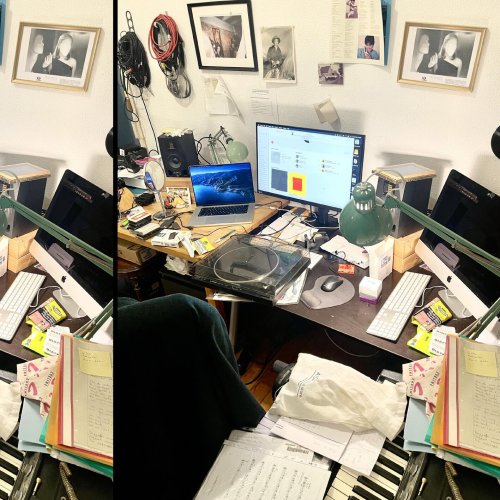
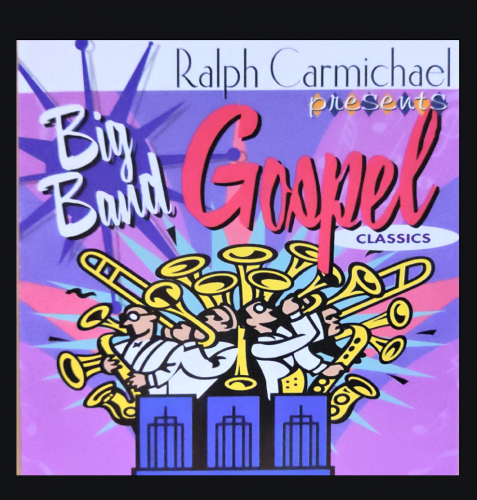
![Youn Sun Nah - Lost Pieces (2026) [Hi-Res] Youn Sun Nah - Lost Pieces (2026) [Hi-Res]](https://www.dibpic.com/uploads/posts/2026-02/1771413579_1.jpg)

